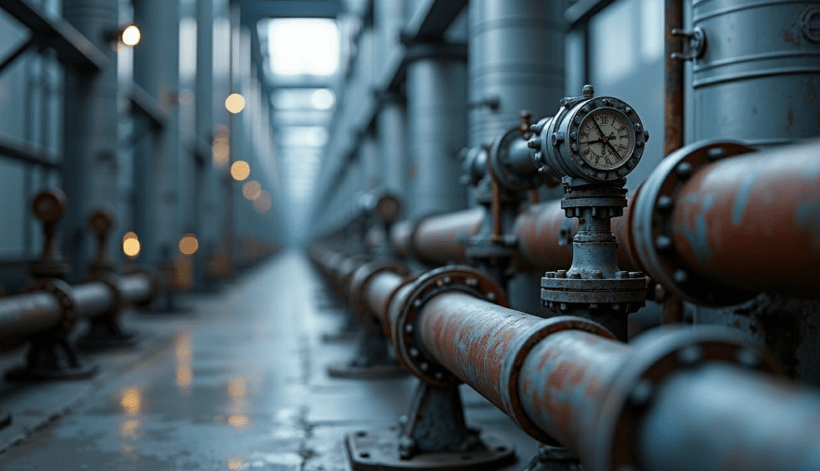In today’s fast-paced industrial world, efficiency and reliability in transportation are everything — especially when it comes to liquids.

Tanker trucks are designed to handle large volumes of liquid and transport them across long distances without contamination, spillage, or delay. For industries like oil & gas, agriculture, and food & beverage, having access to a reliable tanker fleet ensures that operations continue without costly interruptions.
• Specialized Materials:
Depending on the product being transported, tankers are made with materials like stainless steel, aluminum, or carbon steel. Each material offers different levels of resistance to corrosion and pressure.
• Temperature Control:
Some tankers are equipped with insulation or heating systems to maintain liquid properties during transit.
• Safety Systems:
Modern tanker trucks include advanced valves, pressure controls, and safety features to prevent leaks and accidents.
• Petrochemical & Fuel:
Transporting gasoline, diesel, and other fuels from refineries to distribution centers.
• Agriculture:
Delivering liquid fertilizers, pesticides, or water to remote farming areas.
• Food & Beverage:
Moving milk, juice, or even liquid sugar under sanitary conditions.
• Construction & Manufacturing:
Supplying water or industrial chemicals to job sites and factories.The Road AheadAs sustainability becomes more important, many companies are investing in eco-friendly tanker trucks that reduce emissions and improve fuel efficiency.
Automation and telematics are also making their way into the industry, offering better fleet management and real-time monitoring.
industrial tanker trucks may not always be visible to consumers, but they are essential to the smooth functioning of countless industries. Their ability to deliver massive quantities of liquid reliably and safely makes them a backbone of modern logistics.








